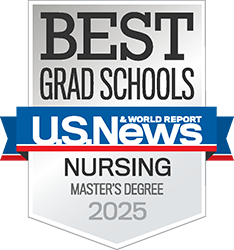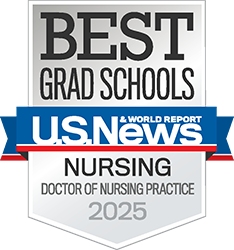Plagiarism is using another person's work or ideas without giving credit. Plagiarism is dishonest because it misrepresents the work of another as your own. This includes both copying the work verbatim or re-phrasing the ideas of another without properly acknowledging the source. When preparing work for course requirements, such as papers, care plans, take home examinations, etc., students must be careful to differentiate between their ideas and language and information derived from other sources. Sources include but are not limited to published and unpublished materials, the Internet and information and opinions gained directly from other people including faculty. Whenever ideas or facts are obtained from a student's reading and research, the sources must be properly cited according to standards set by the School of Nursing and contained in the current edition of Publication Manual of the American Psychological Association.
Plagiarism is considered a violation of academic integrity and professional honesty. Students who are found to have plagiarized may be subject to disciplinary action. Penalties may include but are not limited to failure on the assignment, failure in the course, suspension from the program or expulsion from the school.
Collaboration in the completion of written assignments is prohibited unless explicitly permitted by the instructor. Students must acknowledge any collaboration and its extent in all submitted course work.
Adapted from Harvard Extension College, the University of Houston (Central Campus) and the Publication Manual of the American Psychological Association.



